Search
Search
Trainings
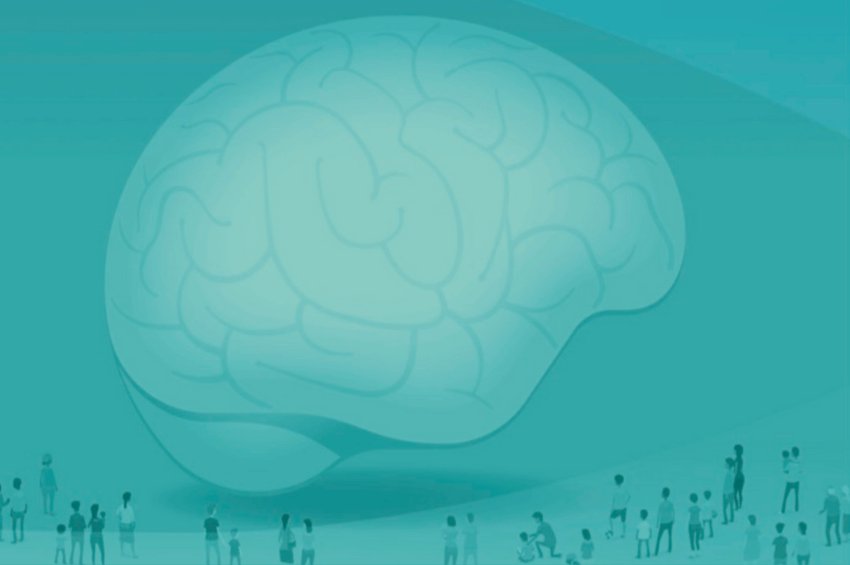
Free
This course provides a deeper understanding of brain development and its connection to addiction and mental health. The newer version of the course includes a new bibliography, a new glossary, an improved navigation system, updated videos, and reflective questions in each module.
- Created by The Alberta Family Wellness Initiative.
Trainings
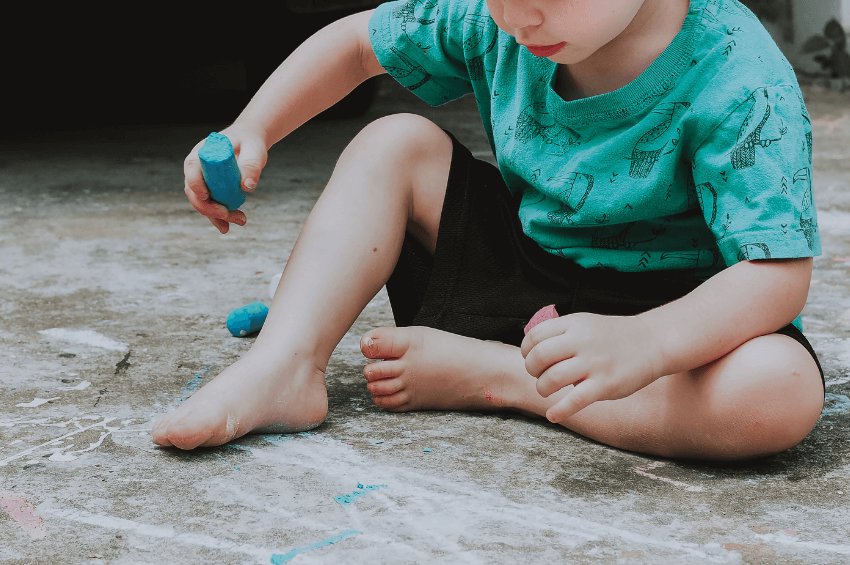
The Child Welfare Trauma Training Toolkit (CWTTT) is a training series designed to support the infusion of trauma-informed knowledge and skills into child welfare organizational cultures. This toolkit contains targeted training for various levels and roles, resulting in positive sustainable changes in the policies, programs, and practices which lead to better outcomes for children, youth and families. Visit the TIPs Center Website for additional resources geared towards trainers and those who have been trained on the CWTTT.
- Created by the National Child Traumatic Stress Network.
Trainings
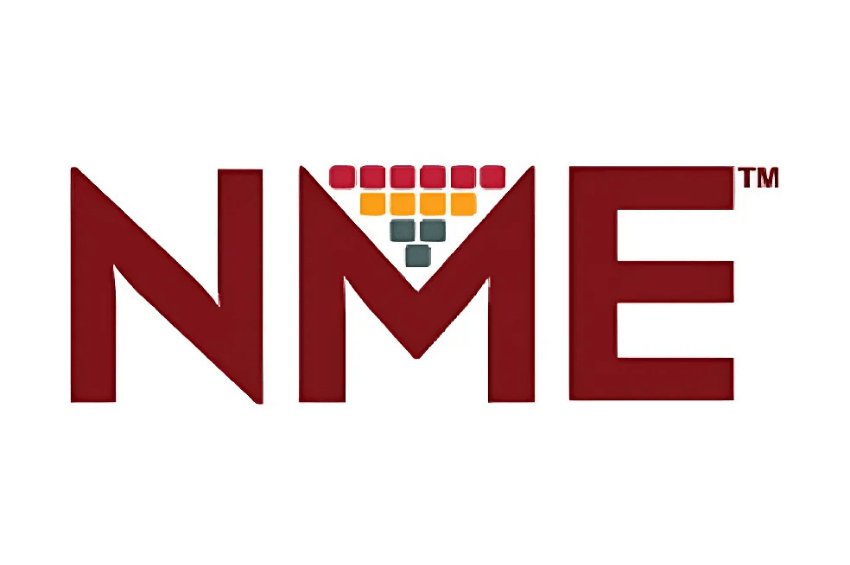
$
Theses trainings, based on the Neurosequential Model in Education helps educators understand student behavior. It teaches applying neurosequential development concepts in teaching, especially for students with adverse childhood experiences.
- Created by Neurosequential Network.
Trainings

This program helps residential child care organizations to create trauma-sensitive environments where children and adults are safe and feel safe, to pro-actively prevent and/or de-escalate potential crisis situations with children, to manage a crisis situation in a therapeutic manner, and, if necessary, intervene physically in a manner that reduces the risk of harm to children and staff, to process the crisis event with children to help improve their coping strategies, and to effectively deliver in-house TCI training.
- Created by Residential Child Care Project.
Trainings
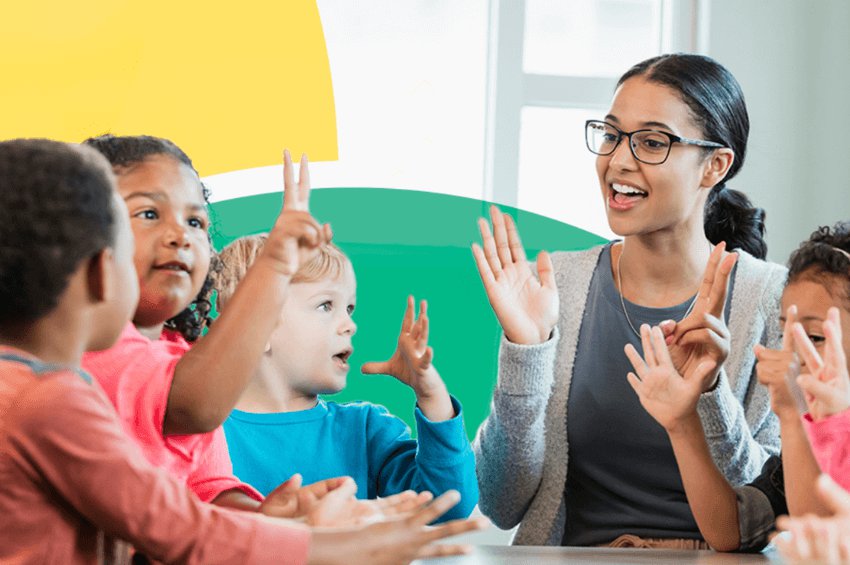
$
The Zones of Regulation framework and curriculum (Kuypers, 2011) teach students scaffolded skills toward developing a metacognitive pathway to build awareness of their feelings/internal state and utilize a variety of tools and strategies for regulation, prosocial skills, self-care, and overall wellness. This includes exploring tools and strategies for mindfulness, sensory integration, movement, thinking strategies, wellness, and healthy connection with others.
- Created by Leah Kuypers.
Trainings
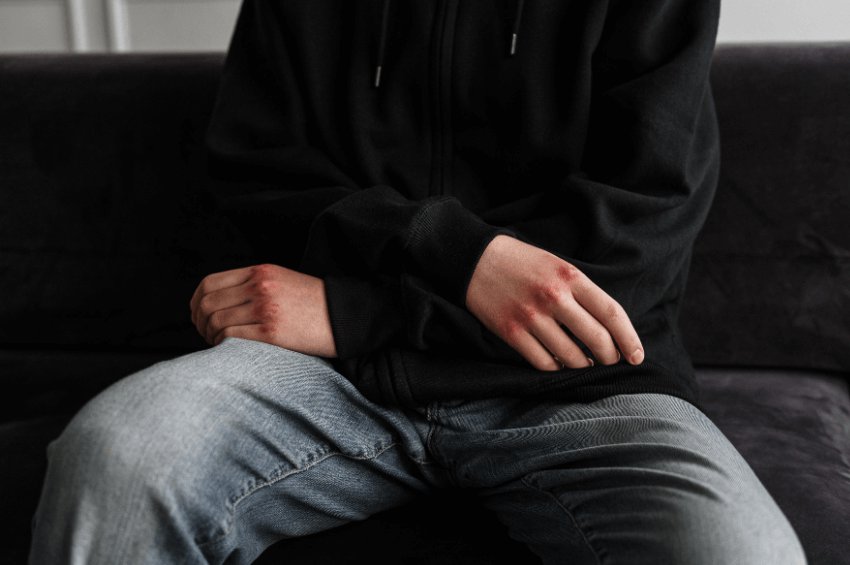
This training provides an overview for juvenile justice staff on how to work towards creating a trauma-informed juvenile justice residential setting. It includes four modules including trauma and delinquency; trauma’s impact on development; coping strategies; and vicarious trauma, organizational stress, and self-care.
- Created by the National Child Traumatic Stress Network.
Trainings

$
These online workshops address different subjects, including anxiety, violent situations, counselling, trauma-informed care, trauma, borderline personality disorder, vicarious trauma, and more.
- Created by the Crisis and Trauma Resource Institute.
Trainings
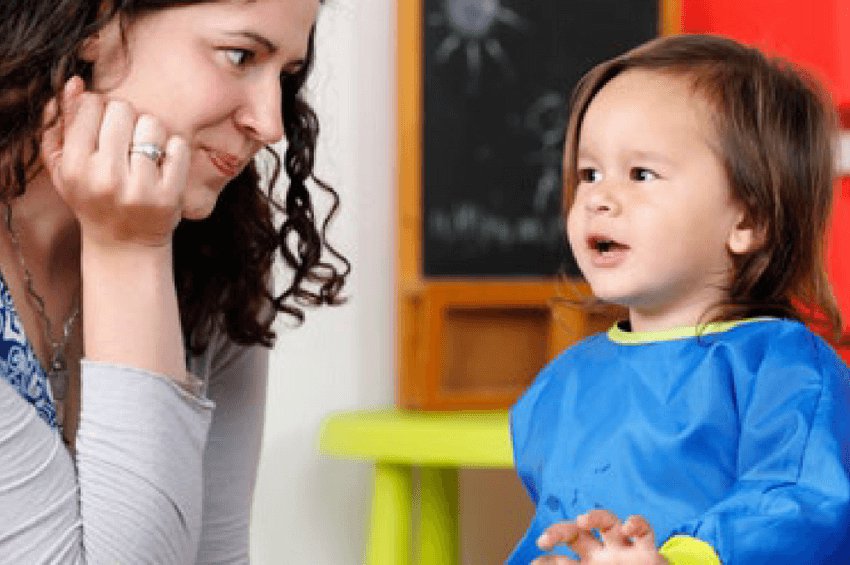
These Early Childhood Health Optimization resources were creaged for pediatricians, OB/GYNs, therapists, and Care Coordinators across the state of Florida. Available free of charge via CPEIP’s website, the resources include an interactive, multimedia module (approximately 52 minutes) and discussion guide introducing practitioners to the science of early childhood development, toxic stress, executive function, resilience and mental health.
- Created by the Florida State University Center for Prevention and Early Intervention Policy (CPEIP) and the Center on the Developing Child and the American Academy of Pediatrics (AAP).
Trainings

$
These trainings and workshops are designed for a variety of professionals who want to learn more about best practices regarding sexual assault.
- Created by Marie-Vincent Foundation.
Trainings

Free
These free trainings, lasting from 3.5 hours to 12 hours, provide information on various projects that can be implemented in community organizations. Training is also available on how to prevent sexual exploitation and human trafficking, and the interventions that can be used.
- Created by Marie-Vincent Foundation.


